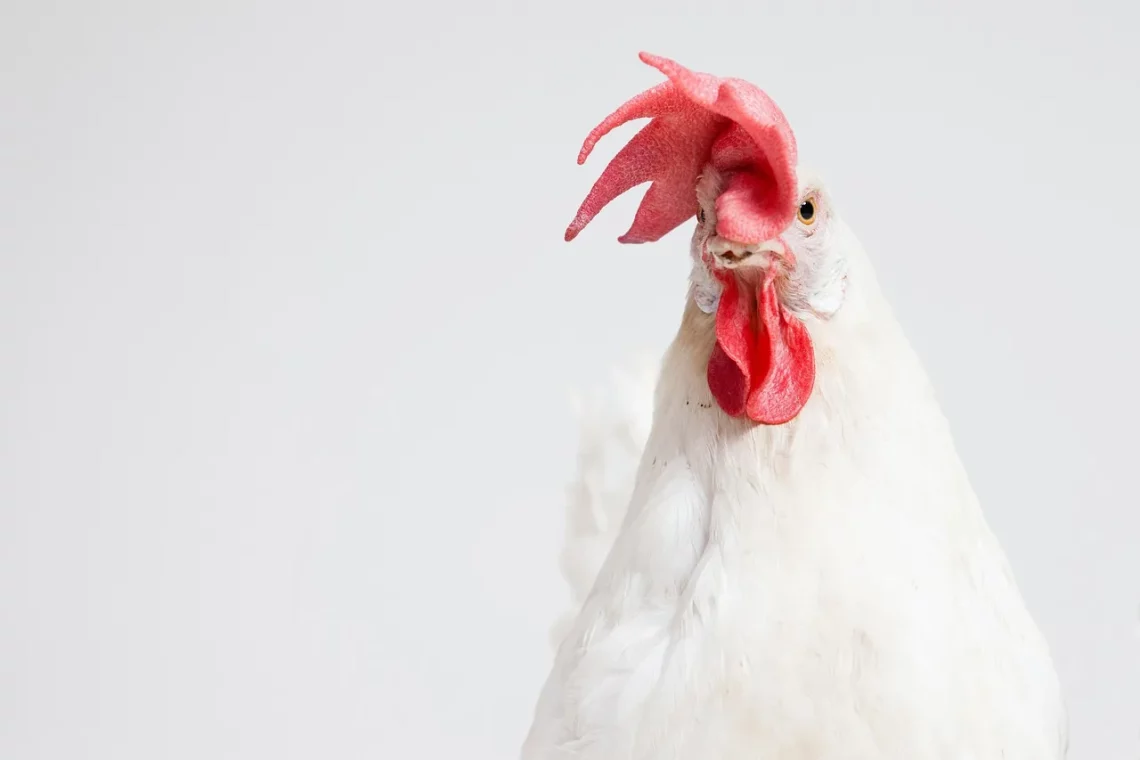
Can Chickens Have Cinnamon? Exploring Benefits and Risks
Chickens are fascinating creatures that have been domesticated for thousands of years. Not only are they a significant source of food for many communities around the world, but they also serve as delightful companions for backyard farmers. The care and nutrition of chickens is a topic that interests many poultry keepers, as it directly impacts the health and productivity of these birds. One question that often arises among chicken enthusiasts is whether cinnamon, a popular spice in many households, can be safely given to chickens.
As more people are becoming aware of natural remedies and the benefits of herbs and spices in animal husbandry, the incorporation of various kitchen staples into chicken diets is gaining attention. Cinnamon, in particular, has been praised for its potential health benefits in humans and may offer similar advantages for chickens. However, as with any addition to a pet or livestock diet, it is essential to explore both the benefits and the potential risks associated with feeding cinnamon to chickens.
Understanding the nutritional needs and digestive capabilities of chickens is crucial when considering any dietary changes. Chickens have unique digestive systems that require a careful balance of nutrients. Therefore, before introducing any new food item into their diet, it’s vital to evaluate both its properties and how they may affect the overall health and well-being of your flock.
Health Benefits of Cinnamon for Chickens
Cinnamon is well-known for its antioxidant and anti-inflammatory properties, which can be beneficial for various animals, including chickens. When introduced in moderation, cinnamon can potentially enhance the overall health of chickens in several ways.
One of the primary benefits of cinnamon is its ability to support the immune system. The active compounds in cinnamon, such as cinnamaldehyde and eugenol, can help bolster the body’s defenses against infections and diseases. A strong immune system is crucial for chickens, as they are susceptible to various illnesses that can affect their productivity and well-being. By helping to strengthen their immune response, cinnamon may contribute to healthier birds and a more resilient flock.
Moreover, cinnamon has been shown to possess antimicrobial properties, which can help reduce harmful bacteria in the digestive tract. This is particularly important for chickens, as a healthy gut microbiome is essential for proper digestion and nutrient absorption. Feeding small amounts of cinnamon can help maintain a balanced gut flora, potentially leading to improved digestion and overall health.
In addition to its immune-boosting and antimicrobial effects, cinnamon may also aid in respiratory health. Chickens can be prone to respiratory issues, especially in crowded or poorly ventilated environments. The anti-inflammatory properties of cinnamon may help soothe the airways and support better respiratory function. This can be particularly beneficial during colder months when chickens are more susceptible to respiratory challenges.
Lastly, cinnamon may also help with blood sugar regulation. While chickens primarily require carbohydrates, maintaining stable blood sugar levels is vital for their energy and overall health. Cinnamon has been known to assist in the regulation of blood sugar levels in various species, and this can be a valuable addition to the diets of laying hens, ensuring they remain active and productive.
While the potential benefits of cinnamon for chickens are promising, it is essential to remember that moderation is key. Overfeeding any spice can lead to adverse effects, so it’s crucial to incorporate cinnamon thoughtfully into their diet.
Potential Risks of Feeding Cinnamon to Chickens
While cinnamon has several potential health benefits, it’s important to be aware of the risks associated with feeding it to chickens. Understanding these risks can help poultry keepers make informed decisions about their flock’s diet.
One significant concern is the possibility of allergic reactions. Just like any other food item, some chickens may be sensitive or allergic to cinnamon. Symptoms of an allergy may include respiratory distress, gastrointestinal upset, or skin irritations. It is crucial to monitor your chickens closely after introducing cinnamon into their diet for any signs of adverse reactions. If any negative symptoms occur, it is essential to remove cinnamon from their diet immediately and consult with a veterinarian if needed.
Another risk associated with feeding cinnamon is the potential for digestive upset. Chickens have a unique digestive system that may not handle certain spices well, especially in large quantities. While small amounts of cinnamon can be beneficial, excessive intake can lead to gastrointestinal issues such as diarrhea or bloating. It is vital to introduce cinnamon gradually and in small doses, ensuring that it does not disrupt the delicate balance of their digestive system.
Additionally, the type of cinnamon used can also pose risks. There are two primary types of cinnamon: Ceylon and Cassia. Ceylon cinnamon, often referred to as “true cinnamon,” is considered to be of higher quality and has lower levels of coumarin, a compound that can be harmful in large amounts. On the other hand, Cassia cinnamon contains higher levels of coumarin, which can be toxic to animals when consumed in large quantities over time. It is advisable to opt for Ceylon cinnamon when adding this spice to your chickens’ diet to reduce the risk of potential toxicity.
Lastly, while cinnamon is generally considered safe in small amounts, it should never be used as a substitute for a balanced diet. Chickens require a diverse range of nutrients, including proteins, carbohydrates, vitamins, and minerals. Cinnamon should only be considered as a supplement to their diet rather than a primary food source.
In conclusion, while cinnamon may offer some benefits for chickens, it is essential to exercise caution and moderation. Always prioritize a well-rounded diet for your flock and consult with a poultry expert or veterinarian if you have any concerns.
How to Safely Introduce Cinnamon into Your Chickens’ Diet
If you decide to incorporate cinnamon into your chickens’ diet, doing so safely is paramount. The following guidelines can help you introduce this spice in a manner that maximizes its benefits while minimizing risks.
Firstly, begin with a small amount of cinnamon. A pinch or a quarter teaspoon mixed into their feed can be a good starting point. Observe your chickens for a few days to ensure they do not exhibit any adverse reactions. If they seem to tolerate the cinnamon well, you can gradually increase the amount over time.
Secondly, consider mixing cinnamon with other healthy ingredients to create a more balanced treat. For instance, you could combine a small amount of cinnamon with oats, sunflower seeds, or even fruits like apples or bananas. This not only makes the treat more appealing but also ensures that your chickens receive a variety of nutrients.
It’s also important to choose high-quality cinnamon. As mentioned earlier, opting for Ceylon cinnamon is advisable due to its lower coumarin content. Ensure that the cinnamon you purchase is free from additives or fillers that could be harmful to your chickens.
Incorporating cinnamon into your chickens’ diet can also be done through homemade treats. For example, you can create a simple cinnamon-flavored treat by mixing oats, cinnamon, and water to form a dough. Shape the mixture into small balls and bake them until firm. These homemade treats can be a fun and healthy way to provide your chickens with the added benefits of cinnamon.
Lastly, always ensure that fresh water is available to your chickens. As with any dietary changes, it’s crucial to keep them hydrated, especially when introducing new foods. Fresh water helps maintain their digestive health and supports their overall well-being.
In summary, while cinnamon can be a beneficial addition to your chickens’ diet, it is crucial to introduce it gradually and in moderation. Always monitor their health and behavior after making changes to their diet, and prioritize a balanced nutritional plan to keep your flock healthy and thriving.
**Disclaimer**: This article is for informational purposes only and should not be considered medical advice. If you have concerns about your chickens’ health or dietary needs, please consult a veterinarian or a qualified poultry expert.




